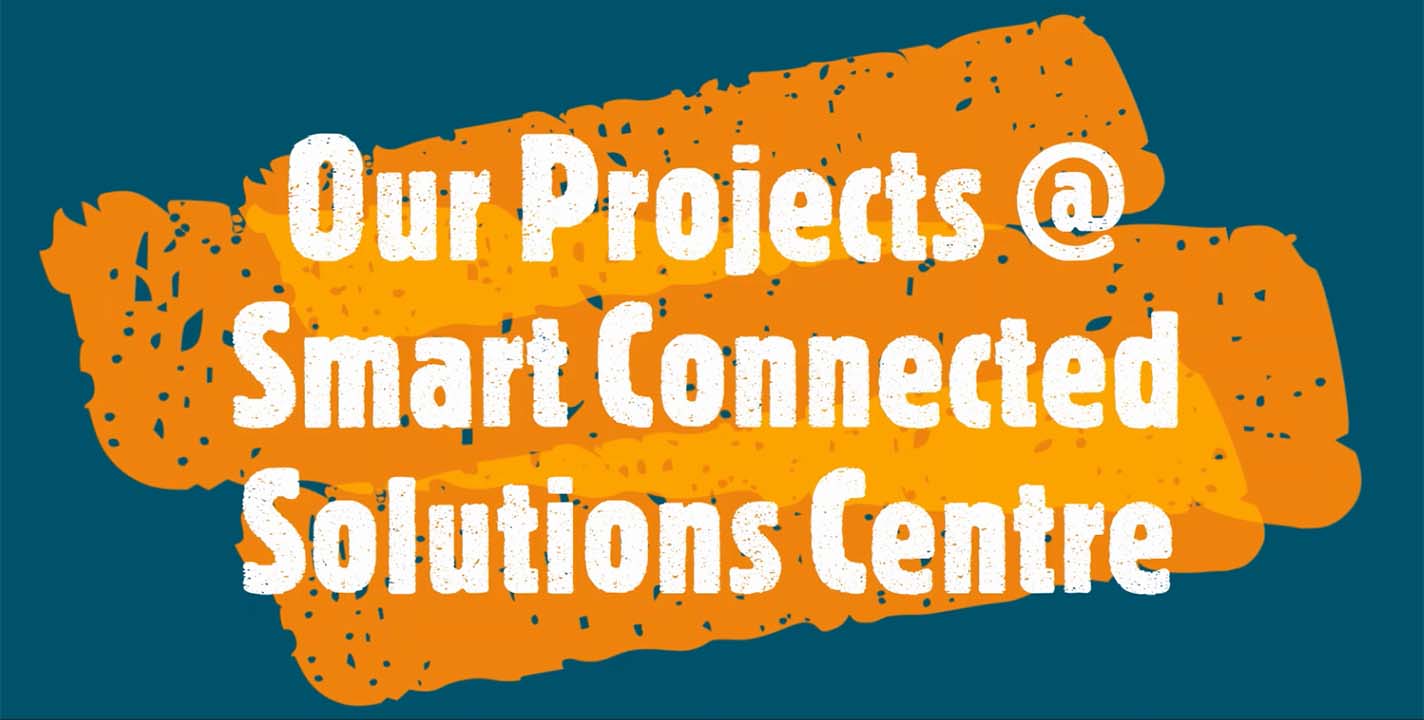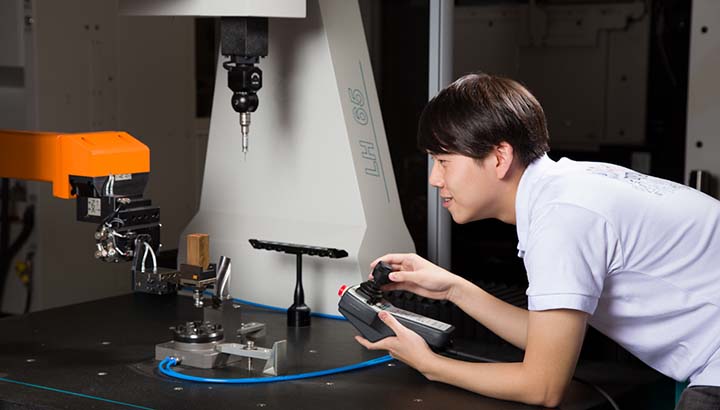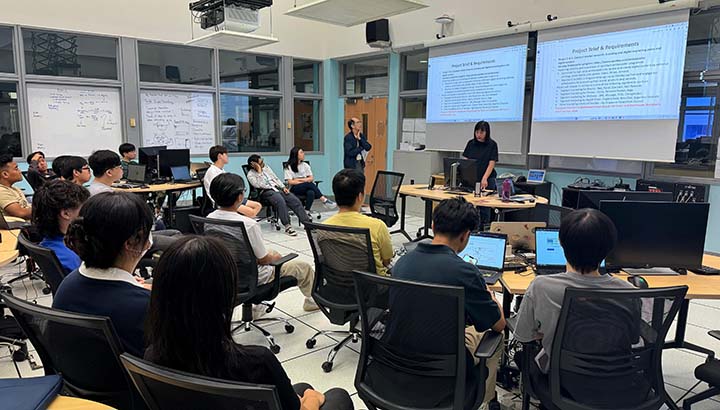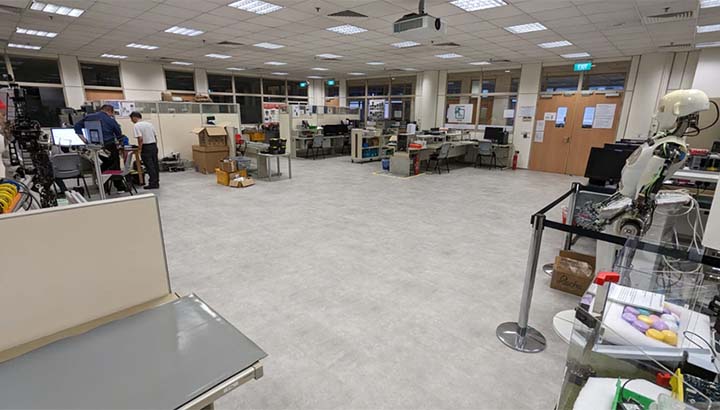Engineer a better tomorrow


Engineered to your advantage
Earn accreditations from industry leaders
Master the latest technologies and skills, and earn certifications from global leaders like Microsoft and Schneider Electric.
Acquire Al-Ready Certification
Master Al competencies benchmarked against national standards, endorsed by Al Singapore.
Shape Tomorrow with 3D Print
All engineering students will learn 3D printing in their first year. Tackle challenges, redefine innovation, and create impactful solutions.
Thrive both professionally and personally


Fast-track your education with the NYP-NUS University Pathway Programme (UPP)
Selected students under the UPP can enroll in NUS-taught courses while pursuing their NYP diploma.
Find out moreNEW: Diploma in Cloud Engineering
Work with tech giants like Google, Amazon AWS, and IBM. Become the engineers who design and build the infrastructure behind the likes of Netflix or Spotify.
Find out moreChart your course to success

Advanced & Digital Manufacturing (C62)
ELR2B2-C (2025 JAE): 13 - 26 pointsELMAB3 (2025 PFP): 7 - 11 points
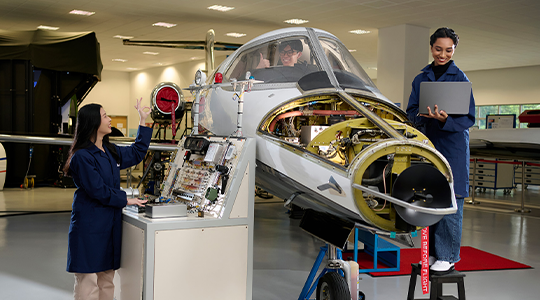
Aerospace Engineering (C26)
ELR2B2-C (2025 JAE): 7 - 16 pointsELMAB3 (2025 PFP): 4 - 8 points

AI & Data Engineering (C31)
ELR2B2-C (2025 JAE): 6 - 13 pointsELMAB3 (2025 PFP): 4 - 7 points

Biomedical Engineering (C71)
ELR2B2-C (2025 JAE): 7 - 12 pointsELMAB3 (2025 PFP): 5 - 7 points

Cloud Engineering (C75)
ELR2B2-C (2025 JAE): 10 - 25 pointsELMAB3 (2025 PFP): 6 - 11 points

Electronic & Computer Engineering (C89)
ELR2B2-C (2025 JAE): 9 - 22 pointsELMAB3 (2025 PFP): 8 - 10 points

Robotics & Mechatronics (C87)
ELR2B2-C (2025 JAE): 4 - 25 pointsELMAB3 (2025 PFP): 4 - 11 points

Sustainability in Engineering with Business (C41)
ELR2B2-C (2025 JAE): 6 - 14 pointsELMAB3 (2025 PFP): 5 - 8 points

Common Business & Technology Programme (C24)

Common Engineering Programme (C42)
ELR2B2-C (2025 JAE): 6 - 25 pointsELMAB3 (2025 PFP): 6 - 10 points
Immersive learning that taps the power of industry
Partnerships that give you a competitive edge

Glimpse at what we've done

Taiwan & Quantum Frontiers: Yi Hong's Unforgettable Internship
Har Yi Hong's deep dive into quantum computing led to the design of educational tools and the running of advanced algorithms on IBM's computers.

Charting the Skies: Stepping into the Heart of Aviation at Airbus Asia Training Centre
Ooi Jun Heng (Diploma in Aerospace Systems and Management, Class of 2026) delved into the intricacies of aviation operations and assisted in overseeing the full scope of flight training operations.

All NYP Engineering Students to gain additional industry-recognised certifications
With more than 15 industry-recognised certifications embedded into curriculum, NYP engineering students can build in-demand skills and gain recognised credentials as part of their studies — without taking on extra workload.
